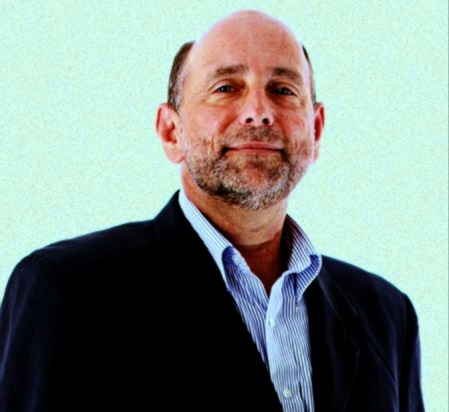
DRY CREEK, La. (BP)–It’s a beautiful word that gently rolls off the tongue –gratitude.
It’s also a visible word: You can see gratitude when a person is full of it.
The best lessons I’ve ever learned on thankfulness are from two unlikely teachers: a southern guitar picker and an African orphan teen.
First, let me tell you about my lifelong friend Vance Gill. (I always tell my guitar-playing friend that he is only ‘one vowel’ away from being famous.)
Vance once related this story: “I had a water leak at my well and spent all morning digging and repairing the pipe. Kneeling there in the mud, I just stopped and thanked God I had running water.”
Now that is gratitude.
It’s an attitude. Thanks, Vance, for the lesson.
Like Vance, we’re to look for the blessing in every occurrence. The Apostle Paul, who often wrote from jail cells, said, “In everything give thanks” (1 Thessalonians 5:18).
Just like any good habit, living with gratitude takes practice. Someone like Vance Gill who can be thankful while kneeling in mud fixing a PVC water line has practiced it. It doesn’t come easy or instantly.
Many times, we must seemingly lose everything before really learning to be grateful. That is the second lesson a teenage student named Marcus Perkins taught me recently in Liberia, Africa.
My wife and I met Marcus this year while working at Ricks Institute, a wonderful Christian school near Monrovia, Liberia. Through the tragedy of the long civil war in his West African country, he has no family. During the war years, he lived on the move before finally enrolling at Ricks Institute.
The first thing I noticed about Marcus was his smile. Very quickly, he shared his spiritual philosophy: “There is nothing more we can say than ‘thank you’ to God. It says it all.”
During our three weeks in Liberia, Marcus repeated his mantra repeatedly, “I am thankful to God.”
Marcus shared his story, which I now pass on to you:
“I never knew my family — no mother, father, brothers or sisters. It is hard not to live with your parents. For all of my early years, our country was in the middle of a terrible civil war.
“I lived with various family members and went through many trials and tribulations. I lived with lots of people I did not know, but God provided for me by His grace.”
In spite of his sad story, Marcus exhibited joy as he continued, “I worked very hard to survive. I tasted the war in Liberia and would describe my life during this time as ‘dry as a stick.’
“Then I found my value in Jesus. At about the age of 7, I began to understand about my life. I trusted Jesus, knowing that one day we will see each other face to face. God was my hope. I committed my life to Him.
“I made it through great difficulties with God’s help and determination. Since God lives in me, I know I am responsible for myself, for making good choices. Because of Jesus, I knew good was ahead of me. Jesus showed me the way, when there seemed to be no way.”
Marcus ended his testimony with, “If God can do what He’s done for me, He can do the same for you or anyone.”
Marcus Perkins has something I want to learn more about: a deep gratitude for every blessing of his life — whether small or large. He seemingly takes nothing for granted.
Taking our blessings for granted or being grateful are two attitudes that cannot coexist. One will always crowd out the other. That is why we must carefully cultivate the habit and attitude of living with gratitude.
Seven trips to Africa and Asia have taught me so much about living with simple gratitude. Amazingly, Christians in poor countries and oppressive conditions often possess more joy and gratitude than we normally see in America where we seemingly have everything.
This is summarized so well by a Catholic theologian, David Stiendl-Rast: “Gratefulness is the key to a happy life that we hold in our hands, because if we are not grateful, then no matter how much we have we will not be happy — because we will always want to have something else or something more.”
Gratitude, it’s a thanksgiving word. It’s more than being thankful on one day or even during a week each year. It’s a habit and an attitude. A way of life. A way of life taught to me by two friends, Vance and Marcus. Two people from seemingly different worlds — teachers about the wonderful quality called gratitude.
–30–
Curt Iles writes from his hometown of Dry Creek, La. The author of seven books, he can be reached at www.creekbank.net. His latest novel is titled “A Good Place.” To read Marcus Perkins’ entire story, visit what www.whativaluemost.com and type in his name. To learn more about Ricks Institute, visit www.ricksonline.org.

















